City Writes Spring 2021: another fabulous evening of readings from the writing short courses alumni
by Rebekah Lattin-Rawstrone
- K Lockwood Jefford
- Sini Downing
- Lara Haworth
- Stephen Jones
- Avril Joy
- Vasundhara Singh
City Writes Spring 2021, although held on April 1st, was no joke. With the fabulous Kiare Ladner as our professional writer, reading from her debut Nightshift (Picador, Feb 2021), the event was an evening filled with spellbinding stories and creative writing tips.
The event marked the fifth year of City Writes, an event that showcases the best of City’s creative writing short courses. The event is fuelled by a termly creative writing competition open to all current students and alumni of creative writing short courses at City. Five to six pieces of writing, either fiction, nonfiction, complete story or extract, are chosen each term to share their work in front of an audience and alongside a publishing professional from amongst the short courses staff or alumni. Having started with the Visiting Lecturer Emma Claire Sweeney in 2016, it was great to have another Visiting Lecturer, Kiare Ladner, share her work.
Though we’ve moved from in-person events to Zoom, there is something about the intimacy of online readings that mirrors the magic of holding a book in your hands.
The night began with the first of our competition winners, K Lockwood Jefford. Alumna of the Novel Writing Summer School, Kate read her haunting and harrowing story, ‘Driver’, about a woman driving to the address of the man who killed her nephew in a car accident. Kate’s reading set our pulses on fire with the pain of grief and the anxiety of what the narrator might do about it.
Another car accident was at the heart of the next piece, ‘The Opposite of Grace’, written and read by Sini Downing, alumna of Short Story Writing. If you can capture motion with a machine, can you recreate a better version of them on screen? Sini’s narrator fought to reconcile the elegance of the dancer with her graceless personality and the energy of her performance was breathtaking.
Lara Hayworth, Novel Studio alumna, took us across Europe with an extract from her story ‘Monumenta’ next. Which massacre would be remembered in a monument that would take a character’s house? How many histories are buried beneath our pavements and homes? Poignant and political, the extract asked us to imagine many characters and the borders crossed through their connections.
Alumnus of City’s former Theatre Writing course, Stephen Jones, read an extract of his story, ‘Pearl’, next. Here windows were reimagined as screens and watching took on a new, unnerving, eerie direction. What story would our windows tell of us?
From characters to memoir, Avril Joy, alumna of the Memoir Writing Course, read an extract from ‘Clothes my mother made me – A Memoir’ next. Using the motifs of creative writing suggestions to begin with what you know, to start with something other than death, Avril took us to the deathbed of her narcissistic mother and explored the idea of living on ‘a diet of stones’. A moving reading filled with poetic imagery, it was a taste of the joys the finished memoir will bring.
The last of our competition winners to read was Vasundhara Singh, a current Novel Studio student. She read her story ‘Feel, Feeling’ about a pregnant woman at a garden party in India. When confronted with the question, ‘How are you feeling?’ the character longed to answer such a direct and complex question in Hindi rather than English. Exploring the complexities of social interaction, Vasundhara’s performance of the story, her careful rhythms and attention to etymological nuance, was brilliant.
With these wonderful stories to follow on from, Kiare Ladner spoke next. She read from the beginning of her debut, Nightshift, an exploration of obsession amidst London’s night workers. Kiare’s character Meggie introduced us to Sabine, the woman with whom Meggie becomes fascinated to such a degree that their friendship ripples through into Meggie’s more mature adult life. Who is Sabine? Where does she come from? Could Meggie ever emulate such insouciant charm?
Following her fantastic reading, Kiare answered questions from Rebekah Lattin-Rawstrone, Visiting Lecturer for the Novel Studio, and also took questions from the audience. The discussion explored the complexities of female friendship, the subtleties of translating in relationships and Kiare’s writing inspirations, methods and tips. She was a fascinating and candid City Writes guest with helpful ideas for all the budding and established authors in the audience.
If this sounds too tempting to miss, you can see a video of the whole event here. Click to be transported and do watch out for the City Writes event next term when our professional will be Alex Morrall who’ll be reading from her debut, Helen and the Grandbees (Legend, 2020).




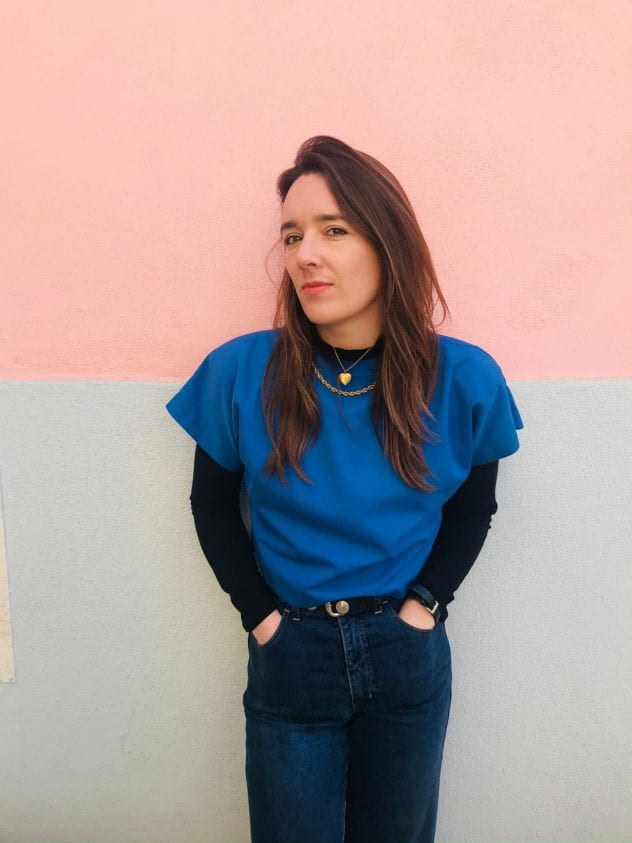
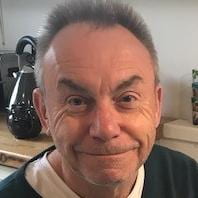
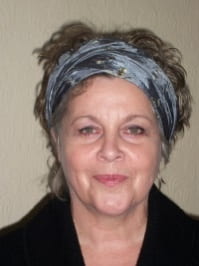

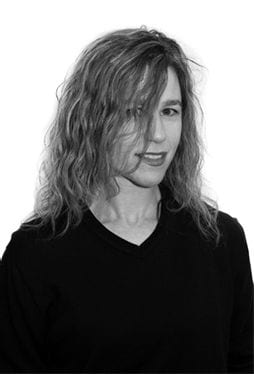
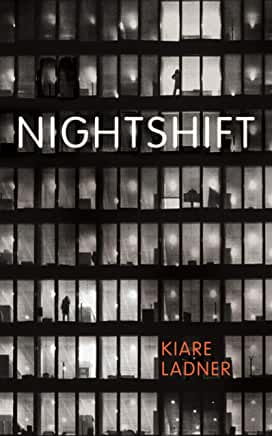


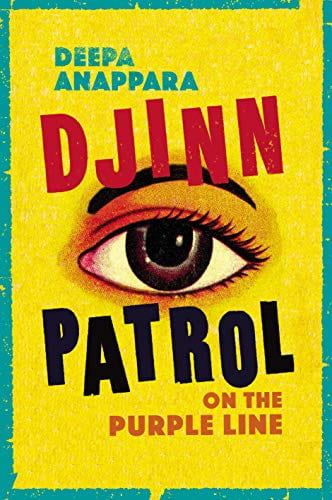
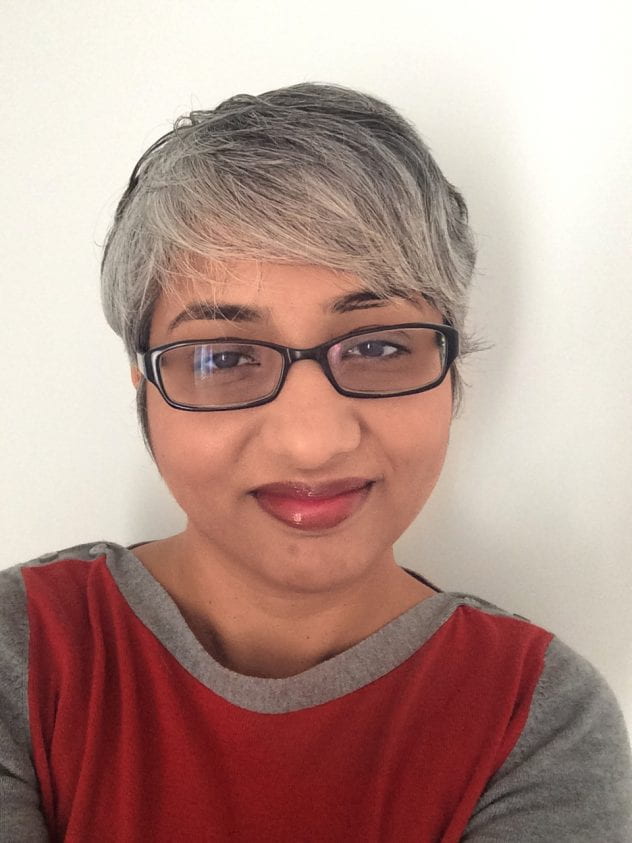







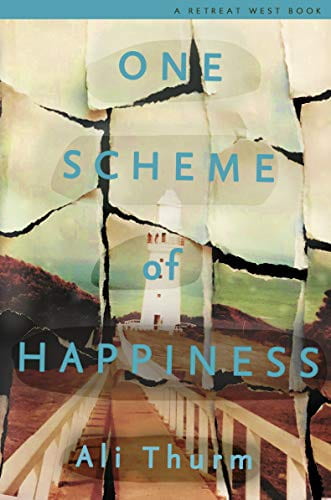

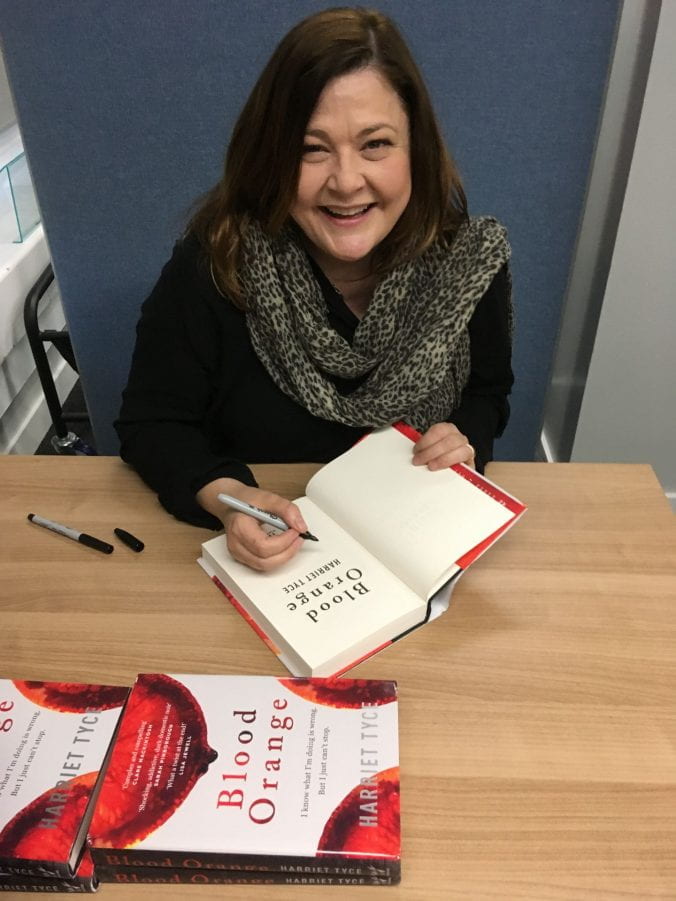

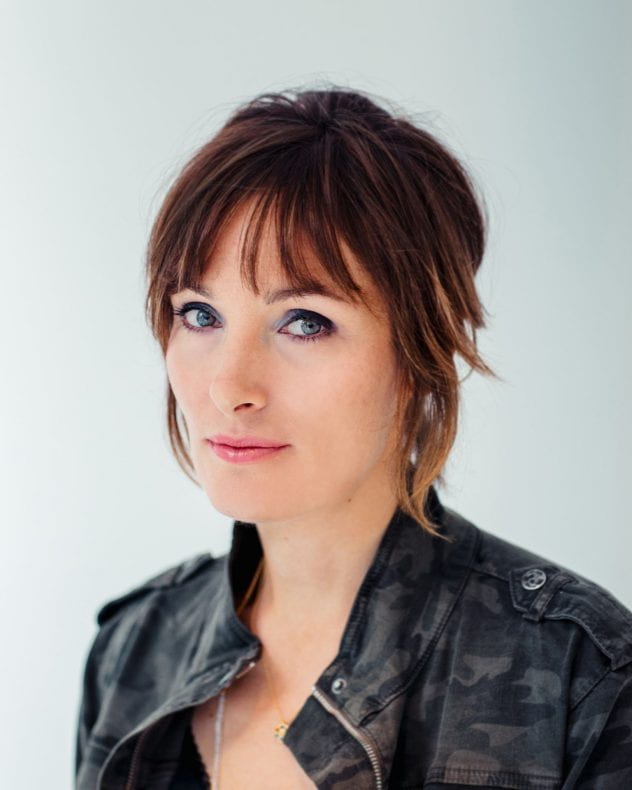


Recent Comments